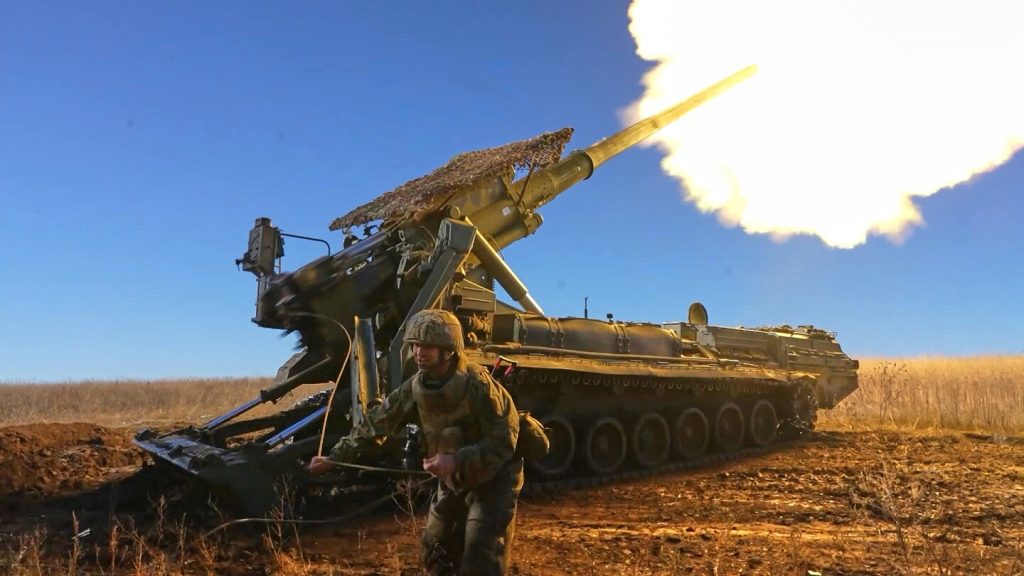Listen to the article
The European Union has implemented stricter visa regulations for Russian citizens, significantly limiting their access to the 29-country Schengen area amid growing security concerns related to Russia’s ongoing war in Ukraine and alleged sabotage operations across Europe.
Under the new rules announced Friday, Russian nationals will no longer be eligible for multiple-entry visas to the Schengen zone, which comprises 25 EU member states plus Liechtenstein, Iceland, Norway, and Switzerland. Instead, they must submit a new visa application for each entry, allowing authorities to conduct more frequent and thorough security screenings of travelers.
“We now face unprecedented drone disruptions and sabotage on our soil,” said EU foreign policy chief Kaja Kallas in a statement. “Travelling to and freely moving within the EU is a privilege not a given.”
The European Commission has established exceptions for certain individuals considered reliable, including dissidents, independent journalists, and human rights defenders. Close relatives of Russians residing in the EU and family members of EU citizens living in Russia will also be exempt from these stricter requirements.
The decision marks a further tightening of travel restrictions that began in 2022 when the EU suspended its visa facilitation agreement with Russia following the full-scale invasion of Ukraine. At that time, the bloc also began “deprioritizing” visa applications from Russian citizens, extending processing times and imposing additional bureaucratic hurdles.
These measures have already resulted in a dramatic decrease in visas issued to Russians, falling from more than 4 million in 2019 to approximately 500,000 in 2023 – a reduction of nearly 88 percent.
The new regulations stop short of implementing a complete ban on Russian travelers, which some EU member states, particularly those bordering Russia, had advocated for. Instead, they create additional barriers while maintaining pathways for certain categories of travelers.
Russia’s response to the announcement was swift and critical. Foreign Ministry spokeswoman Maria Zakharova suggested the EU was prioritizing the wrong issues: “The European Commission apparently figured: ‘Why does Western Europe need creditworthy tourists when there are illegal migrants living on benefits and Ukrainian draft dodgers?'”
Security concerns extend beyond direct travel from Russia. The European Commission has also pressured Serbia to halt its practice of granting citizenship to Russians, which creates a potential backdoor into the EU. Brussels emphasized that this pathway “poses potential security risks for the EU.”
The visa crackdown comes amid heightened tensions between the EU and Russia over allegations of Moscow-directed sabotage operations across Europe. Several member states, including Germany, Poland, and the Baltic nations, have reported incidents of infrastructure tampering, cyber attacks, and espionage that they attribute to Russian operatives.
European security services have increasingly raised concerns about Russian citizens traveling to the EU for purposes potentially harmful to European security interests. The visa restrictions represent part of a broader strategy to limit Russia’s ability to conduct covert operations within EU territory.
The economic impact will likely be significant for both sides. Prior to the 2022 invasion and subsequent travel restrictions, Russian tourism represented a substantial revenue stream for many European destinations, particularly in countries like Finland, Italy, and Spain. The travel industry in these regions has already felt the impact of the sharp decline in Russian visitors over the past two years, and these new measures will further solidify this trend.
As the war in Ukraine approaches its third year with no resolution in sight, this visa policy represents yet another layer in the deepening divide between Russia and the West.
Fact Checker
Verify the accuracy of this article using The Disinformation Commission analysis and real-time sources.




8 Comments
While understandable from a security perspective, these visa changes will likely further strain EU-Russia relations and make it more difficult for some Russians to visit Europe. Balancing security needs with free movement is challenging.
You raise a fair point. The EU will need to carefully monitor the impacts and make adjustments as needed to uphold principles of free movement while addressing credible security risks.
These visa changes demonstrate the EU’s determination to respond firmly to Russia’s actions in Ukraine. However, the exceptions for certain categories of travelers are important to preserve important channels of communication and cooperation.
This move by the EU reflects the serious nature of the situation in Ukraine and the need to take strong measures to protect the integrity of the Schengen area. However, the exceptions for certain groups are important to maintain channels of dialogue.
Limiting Russian access to the Schengen area is a prudent security measure, but the EU must be careful not to overly restrict legitimate travel and exchanges that could help de-escalate tensions with Russia.
Tighter visa restrictions for Russians is a reasonable response given the security threats posed by Russia’s actions in Ukraine. Screening travelers more closely is prudent, though the exceptions for dissidents and journalists are important.
The EU’s decision to restrict Russian visas is a direct result of Moscow’s aggression in Ukraine. While understandable, these measures could further isolate Russia and complicate diplomatic efforts to find a resolution to the conflict.
Tighter visa rules for Russians are a logical response to the ongoing conflict in Ukraine and reported acts of sabotage. Maintaining security while enabling essential travel will require a nuanced approach from EU policymakers.